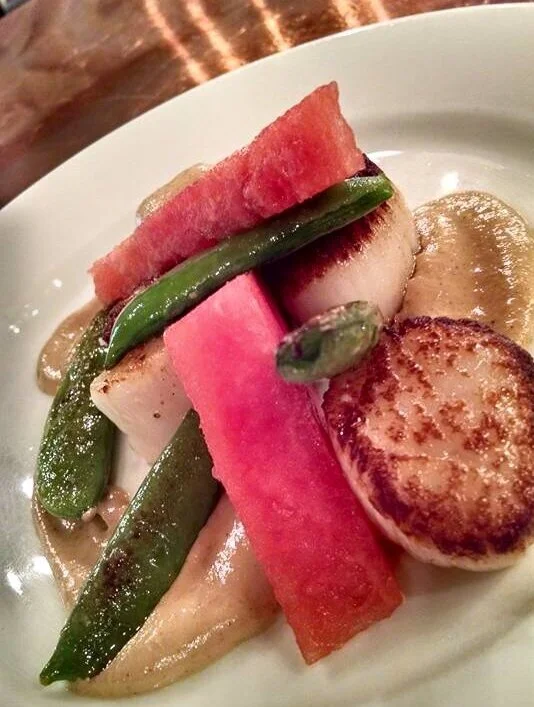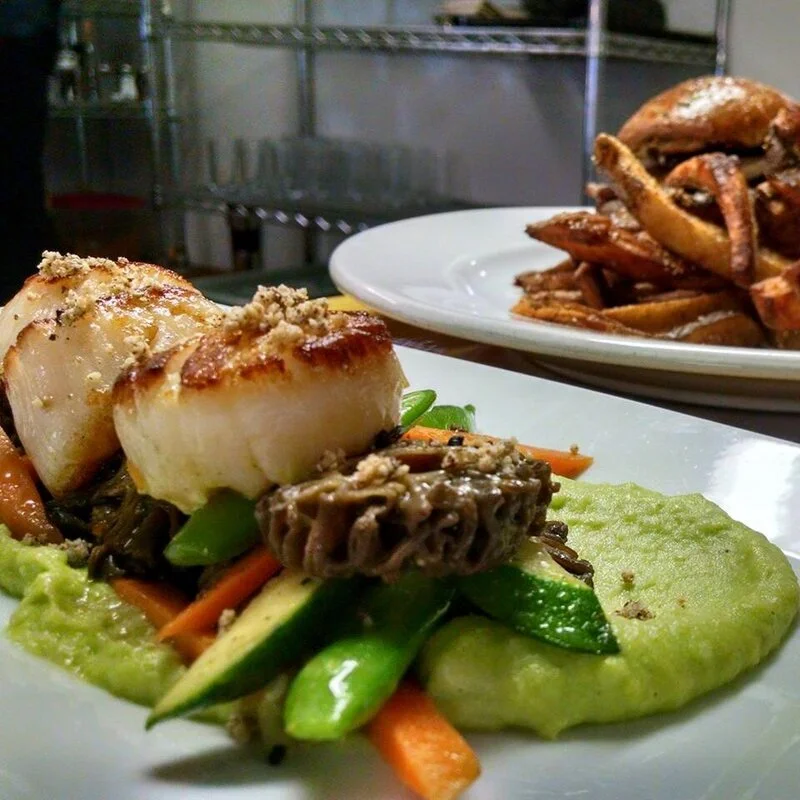But of course if the restaurant does not have perceived worth no one will hand over their credit card. They'd rather just go somewhere else. In the case of hotels, you have a captive audience at a resort. Is the alternative dining in your room? Motivation done. Opt out at your own peril. But take a hotel in downtown Chicago, for instance. Forget about it. There are plenty of other choices. Unless of course, as I said earlier, the restaurant has an exclusive reputation and is highly rated as "must go"
Bottom line? People will do what is asked for something they really want. To get in at ALL during Covid? Exclusivity? But if it's cheap, plentiful and overrated, nope!
Consider the concept of intrinsic vs perceived value. Say a car, for example, gets you where you want to go – that's it's intrinsic value, but perceived value is what someone will pay for it based on intangibles like status and how it makes them FEEL!! Of course also part of intrinsic value is such things as quality. To some extent the hospitality industry is the same. The Waldorf Astoria verses Tru hotels, both are Hilton but one has status. People will pay more for perception and their ego.
Not ego related but perceived vs intrinsic on the restaurant front, you can put the same amount of food on a bigger or smaller plate and the perceived value will change due to it's looks. It will look like more food on a smaller plate but intrinsically it's the same amount of food. Or what about an all you can eat buffet? Perceived value but you will probably not eat any more food and the quality is probably less.




